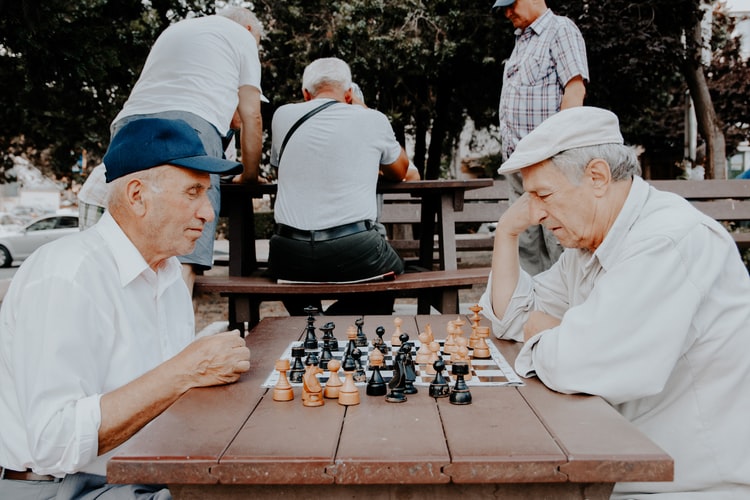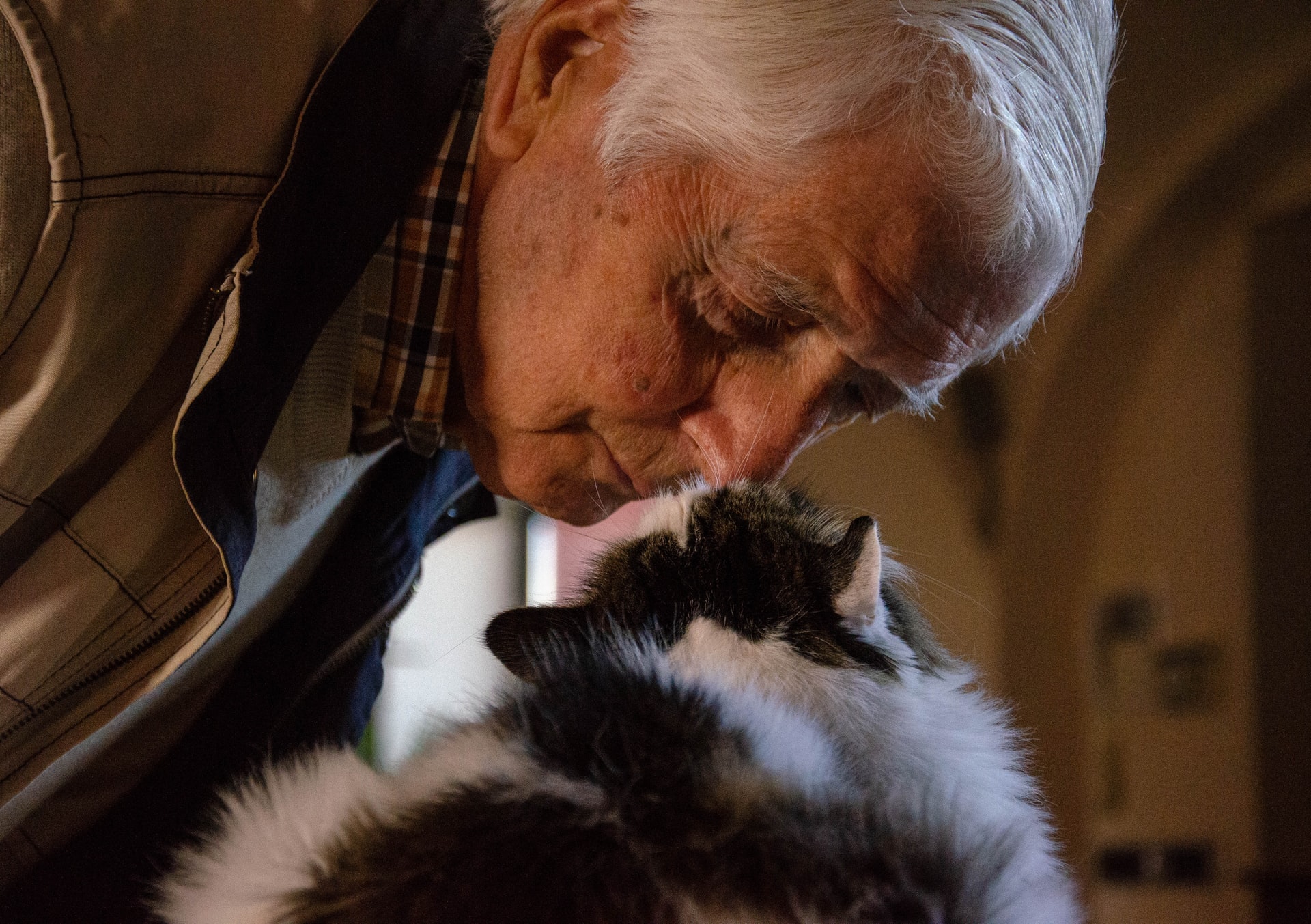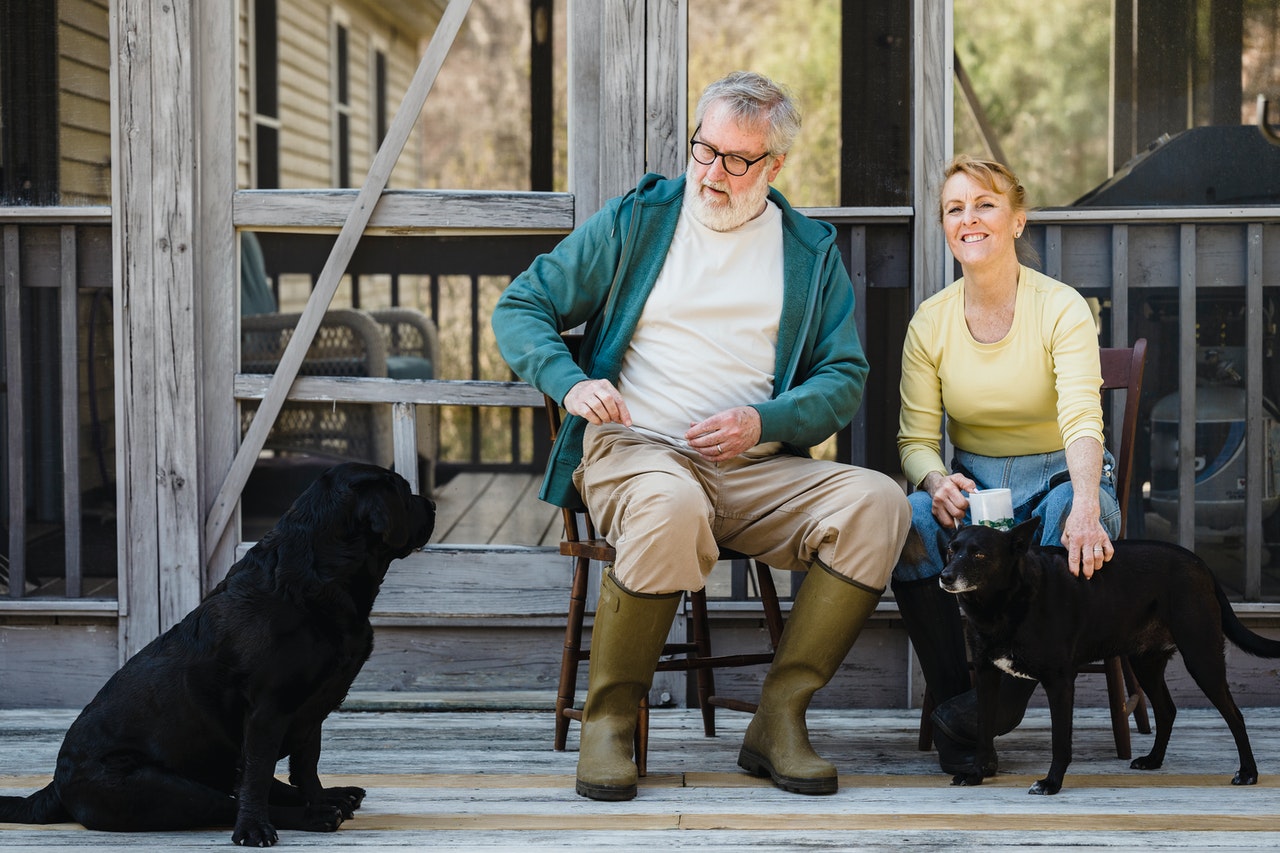Today, more than 45,000 people in the U.S. are receiving their Social Security benefits. While some retirees prefer to maintain part-time jobs that don’t conflict with their benefits or retirement plans, many others are uncertain about what to do with all the time suddenly thrust in their lap.
While many older adults dream about the day they can hang up their 9-to-5 workdays and long commutes, they may not know precisely how to spend each day once work no longer encompasses their time. On average, seniors spend under 10 hours each day sleeping, and that leaves quite a bit of time for leisure activities once their daily chores are completed.
The average senior has roughly seven hours of leisure time each day, according to the Wall Street Journal, and half of that is spent watching television. Unfortunately, TV watching is associated with a sedentary lifestyle, and that’s not great for anyone’s health. While a little TV watching per day is not harmful, it’s important to balance it out with plenty of other activities that promote variety and movement. TV time can be enhanced by investing in TV headphones for seniors to improve the listening experience, making it all the more enjoyable and worth the wait after engaging in plenty of other, less sedentary activities.
To maintain their physical and mental health—even give it a boost—retirees can embrace new hobbies that are good for both their physical and mental well-being. Here, we’ve outlined some fun retirement hobby ideas with great benefits for seniors.
Why Is It Important to Have a Hobby, Particularly after Retirement?

No matter where they live or their financial status, seniors of all walks of life can benefit from having a hobby that they enjoy. A hobby that involves movement or supports mental agility can support seniors’ cognitive function or physical health. The amount of time that a person should devote to their hobby is, of course, entirely subjective. After all, it’s not always possible—or preferable—to fish all day in the hot sun or fish during the winter months. On the other hand, it is important to allocate plenty of time to a hobby—or even several hobbies— that can enhance the body and mind. The health benefits associated with many hobbies are undeniable. Gardening, for example, offers health benefits like sunshine, which provides the body with vitamin D and boosts serotonin production for a better, more stable mood). It also requires movement, such as bending, walking, and light lifting, which helps you maintain physical fitness. Other health benefits associated with hobbies include:
- Stress reduction and stress management
- Challenges the brain (which can improve functions mental functions like memory)
- Supports the immune system
- May support mobility
- May support weight management
- May improve social connections (which can enhance mood)
Physical hobbies, such as ballroom dancing or yoga, offer a wide range of health benefits, including reduced blood pressure, improved heart health, and reduced risk for mood disorders like depression. Seniors should consider their health needs and choose a hobby — or a few hobbies — that will support their health where they need it most. For more activities, check out this guide by La Jolla.
20 Hobbies That Offer Health Benefits for Seniors

These are some popular hobbies that seniors and retirees love and rely on to support their physical and mental health. Many involve little or very little expense but offer a tremendous amount of enjoyment, social engagement, or other benefits that are important to retirees.
1. Learn a new language
Learning a new language offers therapeutic cognitive benefits like delaying or reducing the risk for dementia and Alzheimer’s disease. This type of learning can support memory, information comprehension, and self-confidence.
2. Knit, crochet, or sew
Although these hobbies aren’t associated with physical activity, they can help retirees maintain their mental dexterity and provide great stress reduction. Some seniors even monetize their knitting hobby by creating products for local craft fairs or their Etsy shops.

3. Gardening
Gardening offers both physical and mental health benefits — and a bounty of produce and flowers. Not only does it support heart health and mood; it may even help reduce the risk for dementia, according to AARP.
4. Embrace technology
Seniors certainly can keep up with their tech-savvy grandkids if they want to. Retirees can download apps that support their other hobbies. For instance, download apps to listen to audiobooks while gardening, or post pictures of artwork on Instagram. Make sure seniors have a good and stable internet connection at home so they can easily video call family and friends, watch their favorite shows, and stay updated with news from around the world. It’s all about embracing technology to stay connected and engaged in today’s fast-paced digital age.
5. Join a virtual or in-person book club
Speaking of books, many seniors enjoy reading. There are library book clubs as well as virtual book clubs that are designed especially for seniors or readers of specific genres, like mysteries or literature. Book clubs offer social interaction, reducing stress and promoting a feeling of connectivity.

6. Learn a new instrument
Playing an instrument such as the piano, organ, or violin supports an individual’s dexterity. Of course, these pastimes are also enjoyable and can enhance a person’s mood or lead to better stress management.
7. Paint
Painting is a great way to pass the time. It offers seniors improved stress reduction, enhanced dexterity, and promotes self-confidence. Seniors have many different styles to explore, including watercolor, oil, and acrylic painting. Taking an art class is another way to support this hobby and establish new social outlets.
8. Mentor a child or college student
Maintaining connections with the outer world is important for seniors because it can reduce feelings of loneliness or isolation. While seniors can mentor online, they can also attend area community centers that welcome retired volunteers and mentors.
9. Write a memoir
Retirees are a fount of knowledge and experience. That knowledge and those experiences can be invaluable to family members but they might also be worth sharing with others. Many retirees spend time writing memoirs for different purposes—to record their life story or share their professional knowledge with people in their former work field. Writing promotes mental agility and stress reduction.
10. Create and maintain a blog
We’ve already mentioned how writing can help seniors maintain their active minds, but blogging about topics like cooking, gardening, or traveling encourages seniors to maintain their active lifestyles. Blogging is also a great way to connect with people of all ages.
11. Animal care
Many retirees combine their love for pets with volunteering at area animal shelters. Others opt to pet sit for some supplemental income. Animals can keep seniors from feeling lonely and show them how needed they truly are when it comes to the care of animals and pets.

12. Restore or build furniture
Carpentry and furniture restoration isn’t as active as dancing, but they can keep seniors moving and active. Many retirees look forward to the day they can spend all day at their woodworking bench or getting to projects like reupholstering old chairs. Hobbies like these help seniors stay creative and physically and mentally active.
13. Meditate or Do Tai Chi
Activities like Tai Chi and yoga feature a strong meditative focus. This means that these pastimes support both physical and mental health. They enhance agility and flexibility while decreasing stress and improving mood. Attending classes for these hobbies is a great way for seniors to get out of their homes and meet with other people.
14. Photography
Seniors who love to be outdoors might want to improve their photography skills. Photography pairs well with many hobbies, like bird watching, artmaking, and blogging. Some retirees become quite serious about their photography and even rely on it for extra income. Like other forms of art, photography can improve mood and help reduce stress.
15. Chess
Chess has long been associated with seniors and retirees, but you don’t have to visit the park or the local coffee shop these days to enjoy a game and have one of the best chess games ever played. There are online chess clubs where seniors can improve their game. Chess is an effective way to promote mental dexterity — it may even help reduce the risk for dementia.
16. Crossword puzzles and other games
Like chess, crossword puzzles can help retirees keep their minds active. Games that involve thinking are helpful for warding off dementia and supporting memory and overall cognitive health.
17. Cooking or baking
Both men and women retirees look forward to the days they can spend all day in the kitchen perfecting heirloom recipes or cooking for family and friends. Cooking can reduce stress, but the simple acts of standing, bending, and stirring can also help seniors burn calories and stay mobile. Here are some benefits of eating healthy 50+.

18. Walking club
Many neighborhoods are home to senior walking clubs. Walking offers both mental and physical health benefits such as weight management, cardiovascular health, mood improvement, and immune system function. Many communities feature trails specially designed for walkers, joggers, and cyclists.
19. Start a collection
Many retirees have a passion for collecting. Whether it’s baseball cards, art, or vintage jewelry, these collections encourage seniors to get out to flea markets and estate sales. It may help them to stay active online as they scour auction sites to find their treasures.
20. Dancing lessons
Dancing classes for adults have made a huge comeback due to the popularity of shows like Dancing with the Stars. Many community centers, as well as dance studios, feature dance classes for seniors that include ballroom dancing or even modern dance.
21. Bingo
To reduce loneliness in seniors, bingo is a great hobby as it is a fun game that can be played with others. It is not intensive, but still, bingo still has excellent health benefits.
Each individual has to assess their own physical limitations and needs when choosing these or other hobbies. The main thing is that retirees be deliberate about allocating time to their hobbies and sticking with them to enjoy their benefits. Seniors can also explore hobbies that can earn them extra cash. There are various business ideas for seniors that will keep them busy while earning an extra income. It’s a priority for all seniors to maintain or improve their health, and participating in enjoyable pastimes such as these can certainly help. Other hobbies to keep in mind include fishing, scrapbooking, volunteering, genealogy research, tennis, bicycling, golf, geocaching, swimming, building models, origami, jewelry making, and taking online courses on a topic of their choice.



